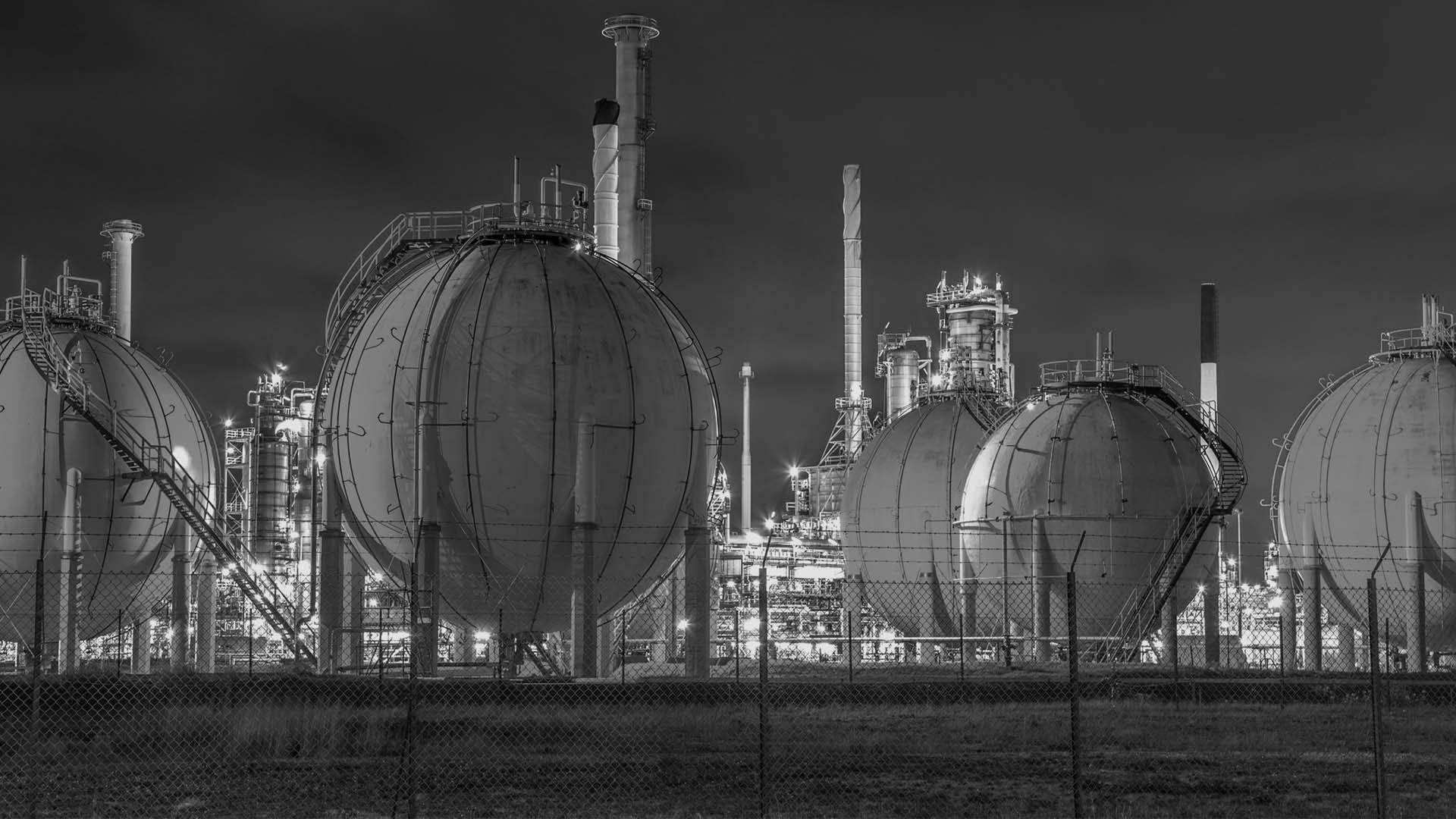
Energy policy in Greece: In search of orientation
The recent “(re)commencement” of the exploration and exploitation of hydrocarbons program that was announced in grand style by the Greek Prime Minister himself just a few months after the Foreign Minister (of the same cabinet) vehemently denied any prospect of mining activity in Greek seas so we don’t turn into “the Gulf of Mexico”, are clear signs that our country today is far from having a long-term energy strategy of any kind.
Which energy policy and growth model is more suitable for Greece? What should its energy mix consist of and what should its objective goals be for the coming decades? Energy is a field that impacts all policy sectors horizontally and affects both public and private affairs perhaps more than any other social and financial sector. The two sides of the coin are: a) market functioning in the interior and b) relations with third countries abroad. Let’s have a closer look.
Α. Energy policy and market functioning
My opinion has always been that changes around us – including changes in the energy sector – don’t have to cause alienation, panic or inactivity. Long-term energy goals can adapt without being cancelled.
What could the predominant long-term energy goals be to which we would agree today but also over time and across party and disciplinary lines?
a) Energy security. Uninterrupted energy flow with unencumbered supply, with risk dispersion and differentiation not just of the sources or the routing of energy imports, but most importantly of our energy mix, emphasising on domestic production and gradual independence.
b) Green transition. With steady steps and serious planning. Without being neglectful or making sensationalist declarations only to change course soon after. We ought to adapt, not only in order to adhere to European and international norms, but also for ecological reasons, in order to protect the environment and life itself, for the living but also for future generations.
c) Inclusivity. In every sector. Including energy. An energy transition can’t be considered successful if there’s energy poverty. In our efforts to tackle the climate crisis, we can’t justify the exclusion of any social group. Decent living doesn’t equal waste. And energy security doesn’t equal plain survival relying on benefit subsidies.
There are different and clashing approaches to all three of the above goals: The first emphasises exclusively in large-scale infrastructure projects and the shrinking (actively or as a result of said projects) of small and medium-sized enterprises to benefit competitiveness. The alternative approach focuses on the efficient regulation and monitoring of the market, the strong presence of the State in crucial networks and infrastructure and on the integrated ecological transformation of the economy with social participation in energy production.
The second approach is a good fit for our country and is one that could guarantee social and regional cohesion, social justice and sustainability. This plan’s pillars are: a) social acceptance and participation, so participation with no social exclusion and dispersing of the financial benefits to all social groups, and b) developmental logic, meaning the reinforcement of domestic links in the value, technology and employment production chain.
This model doesn’t focus exclusively on large-scale projects or huge investments in energy production and storage. On the contrary, its core lies in the balance between large investments and self-production and self-consumption, meaning the production and consumption of energy by households and businesses themselves, the decentralisation of production, the domesticity and the development of energy communities (for example, half of the renewable energy permits to be granted to energy communities) with the collaboration of municipalities and other institutions.
Still, it is very important that the institutions and organisations that undertake the planning and the implementation of public policies are aware of the fact that no institutional reform can succeed without society’s active participation. The role of personal and institutional education is crucial not just when it comes to the scientific data analysis, treatment and implementation in the passing of brave reforms, but also in terms of changes in people’s culture and living/lifestyle models.
Β. Energy relations abroad
In the past two years, we’ve seen major international rearrangements (the pandemic, the energy transition, the realignment of major powers, a new President in the US, the war in Ukraine) as well as intense mobility in the energy relations abroad, with Turkey escalating its aggressive stance against Greece and also increased European and American interventions – though not in the desirable direction of supporting the Greek position. Does Greece possess a smart external energy strategy, other than its usual rhetoric, in this transforming environment?
The Greek Foreign Minister Nikos Dendias’s statement in Saudi Arabia one year ago signalled the end of the Greek strategy of hydrocarbon exploration and exploitation expeditions, in which several successive Greek governments had invested in the past decade. Said statements were seen as an abrupt fold, so to speak, of the Greek government, and brought back the question of what’s to become of Greece’s international contracts regarding hydrocarbon exploration and exploitation expeditions and more importantly of the EastMed pipeline, that was built to transport Levantine reserves to continental Europe via Cyprus and Greece. Just one year had passed since the interstate agreement regarding EastMed was signed in grand style by the Energy Ministers of Greece, Cyprus and Israel. A lot has happened since: A US Foreign Office non-paper referring to EastMed as “a source of tension in the Eastern Mediterranean Sea” and the US Under Secretary of State for Political Affairs Victoria Nuland’s recent statements confirming that the US no longer back hydrocarbon projects or the EastMed pipeline. Just a few days ago, the Prime Minister announced that Greece will “restart and expedite” hydrocarbon exploration and mining operations, while several members of his cabinet spoke favourably of the EastMed project.
All efforts in the fields of external energy policy and external energy relations require good planning and insightfulness. The constant folding and procrastinating cancel all efforts that are occasionally being made and highlight our lack of strategy. Those of us who have been following the international and European developments regarding energy matters as well as the developments in the Eastern Mediterranean, remain sceptical regarding our country’s strategy and preparedness levels in the past few years. We are seeing a lack of perspicacity when it comes to possible unfavourable developments and at the same time, an inability to capitalise on favourable circumstances in all three levels of diplomatic developments: the European, the regional and the American level.
Conclusion:
Greece needs to have a more solid energy presence and to show initiative instead of shifting responsibilities or falling in a self-victimisation circle, and this should happen in all three levels mentioned above: the European one, the regional and the euro-atlantic one. It also needs to return to a (pro) active energy and foreign policy along the lines of “solution mentality”, instead of resorting to fragmentary rushed attempts to deal with issues after they occur or shifting responsibilities. Above all, we need to clarify our strategy and show insightfulness, while setting on a steady course to achieve our long-term goals, based on a new and progressive 30-year-spanning energy policy that will focus on society and will have its approval.
